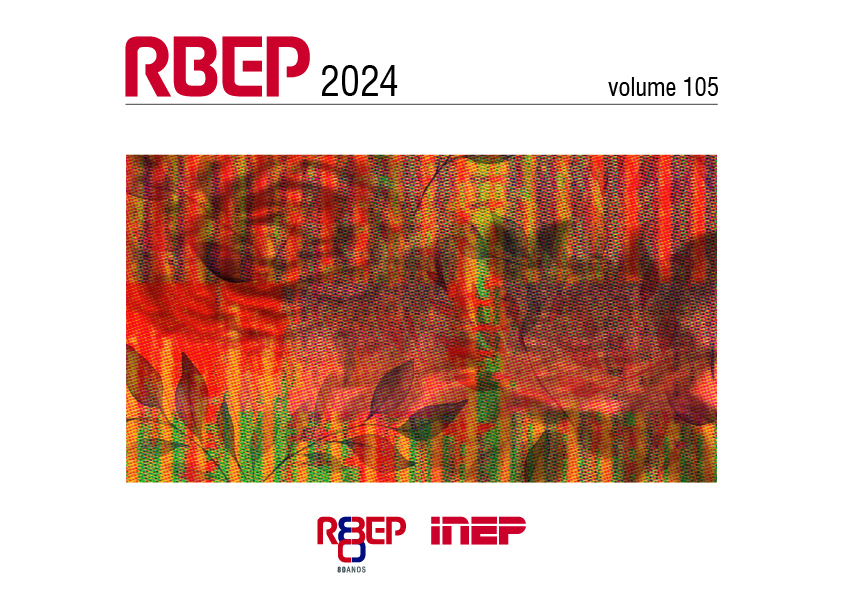Endogamy in the Brazilian Higher Education System: A descriptive analysis
Abstract
This study analyzes how academic endogamy is characterized in the Brazilian higher education system. Employing a descriptive methodology, based on data collected by Capes, we define that a researcher is inbred if he works at the same institution where he obtained his doctorate degree. This article is the first to measure endogamy by higher education institution in Brazil, which makes its results relevant for policy makers and universities. Endogamy occurs on average in 23% of academic hiring positions across the country, however, the results show that the rate of endogamy differs significantly between different types of institutions, areas of knowledge, states and university classification levels. This analysis provides further evidence that endogamy is more likely to occur in established elite research institutions and geographically concentrated in the most populous and developed regions.
Downloads
Copyright (c) 2024 Brazilian Journal of Pedagogical Studies

This work is licensed under a Creative Commons Attribution 4.0 International License.
Once their work is accepted for publication, author’s copyrights are automatically relinquished to the National Institute for Educational Studies and Research Anísio Teixeira (Inep).
Since 2016, the journal Revista Brasileira de Estudos Pedagógicos (RBEP) uses the licence CC-BY.
Partial or total reproduction of the content of this Journal is permitted provided that the original publication is properly referenced, as well as a link to license CC BY 4.0 and to indicate any possible alterations made to the article.




















